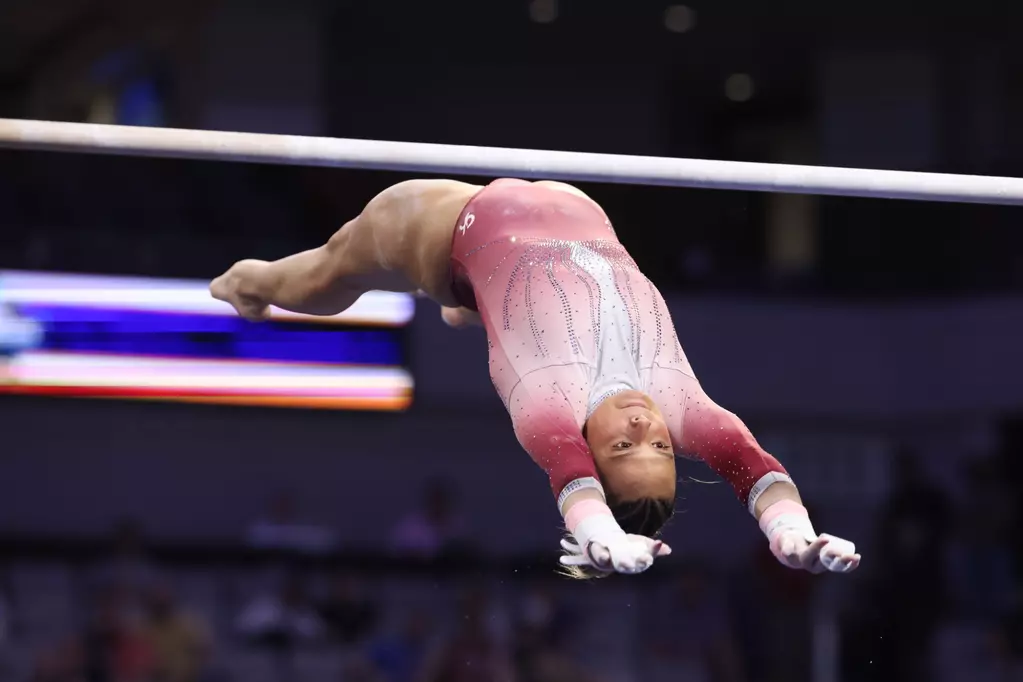Friday, professor Ken Wright will join those ranks when he is enshrined in the National Athletic Trainers’ Association Hall of Fame.
“Honorees will be recognized for their significant, lasting contributions that enhance the quality of health care provided by athletic trainers and advance the profession,” according to a ?NATA release.
Wright serves as the director of the sports management graduate program in the College of Human Environmental Sciences and has a long and varied career in both athletic training and sports business.
“My background is, I was an athletic trainer for 25, 30 years,” Wright said. “Moving into academics, I’ve moved from athletic training more into an administration ?management role.”
Wright has served as head athletic trainer at the University of North Carolina at Charlotte and Morehead State University. Wright also worked as an assistant athletic trainer at Ohio University, but his most significant work has been as a doping control officer, trainer and educator with the United States ?Olympic Committee.
“I’ve had about 32 years of involvement with the US Olympic Committee,” Wright said. “A lot of my activity has to deal not only with working with the US Olympic Committee but the spectrum of working three Olympic Games, and kind of seeing the whole, because I’ve done the athletic training, I’ve done the management and I’ve also done the ?anti-doping world.”
Wright was named to the board of directors of the United States Anti-Doping Agency in 2012, a field for which he said he is ?particularly passionate.
“Number one, it’s integrity,” Wright said. “Number two, we’re dealing with both ?science and management, because it’s not just a medical issue, it’s a legal issue. Taking the legal and management and combining it with integrity, it was a great fit for me.”
Wright was part of a process that took the United States to the forefront of the fight against doping in global sports.
“Back in the ‘80s and ‘90s, the United States was behind,” Wright said. “Having done sabbaticals in London and China, I saw the movement across the world and was able to enhance the United States Olympic Committee in becoming compliant with worldwide policy. We went from the middle of the pack in the ‘80s and ‘90s to now, I think, we’re probably the leaders of the anti-doping movement in the world.”
In particular, Wright said the question of sporting integrity was important to him, and part of what drew him to Alabama.
“I feel like we have the tradition, and we have the quality people and programs in place at Alabama to be successful,” Wright said. “I think we have to understand that integrity in true sport is critical, because we want to reward people who have earned the right to be rewarded… I think we have a problem in today’s society that’s sometimes ‘win at all costs.’ We have to consider long-term effects, and we have to consider right and wrong.”








